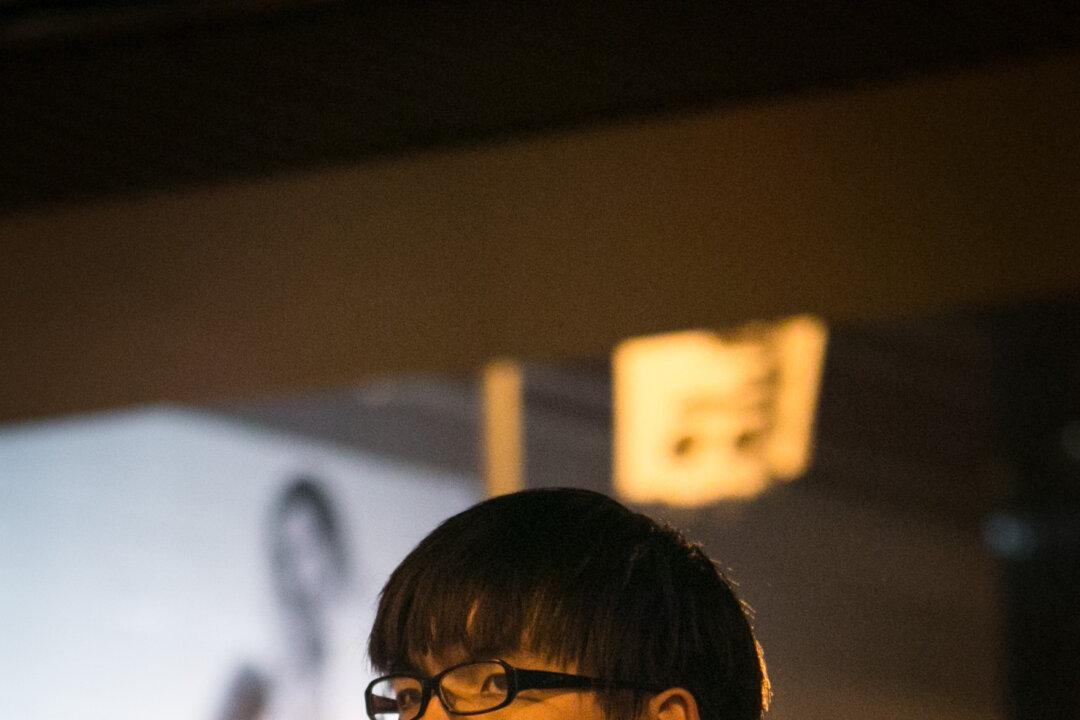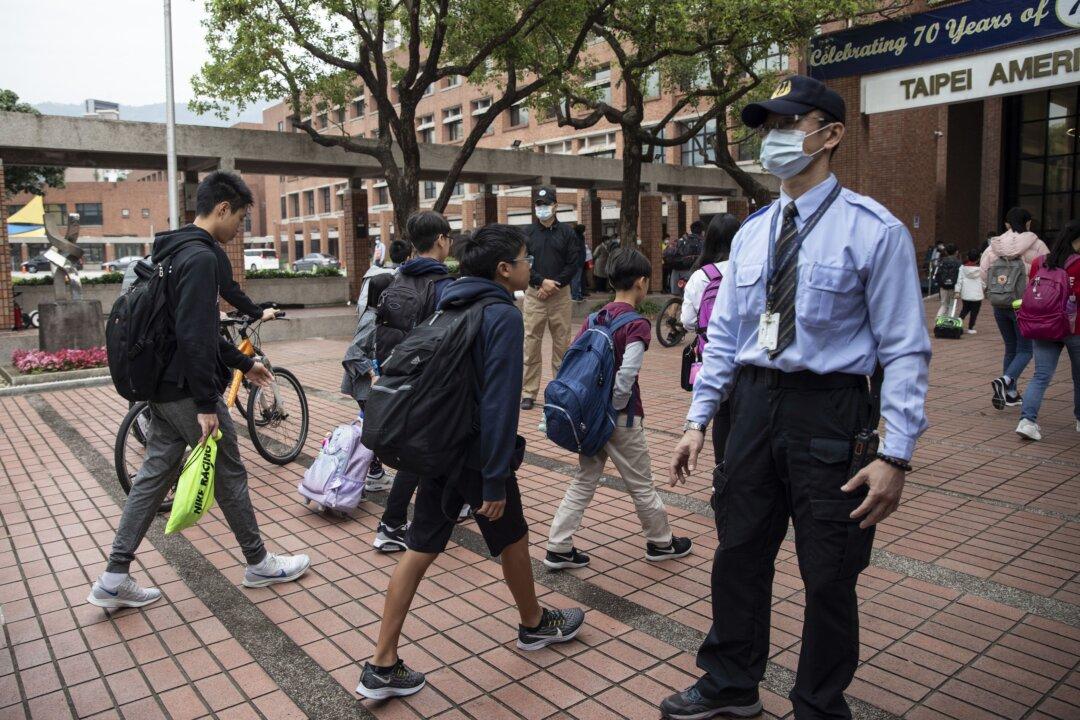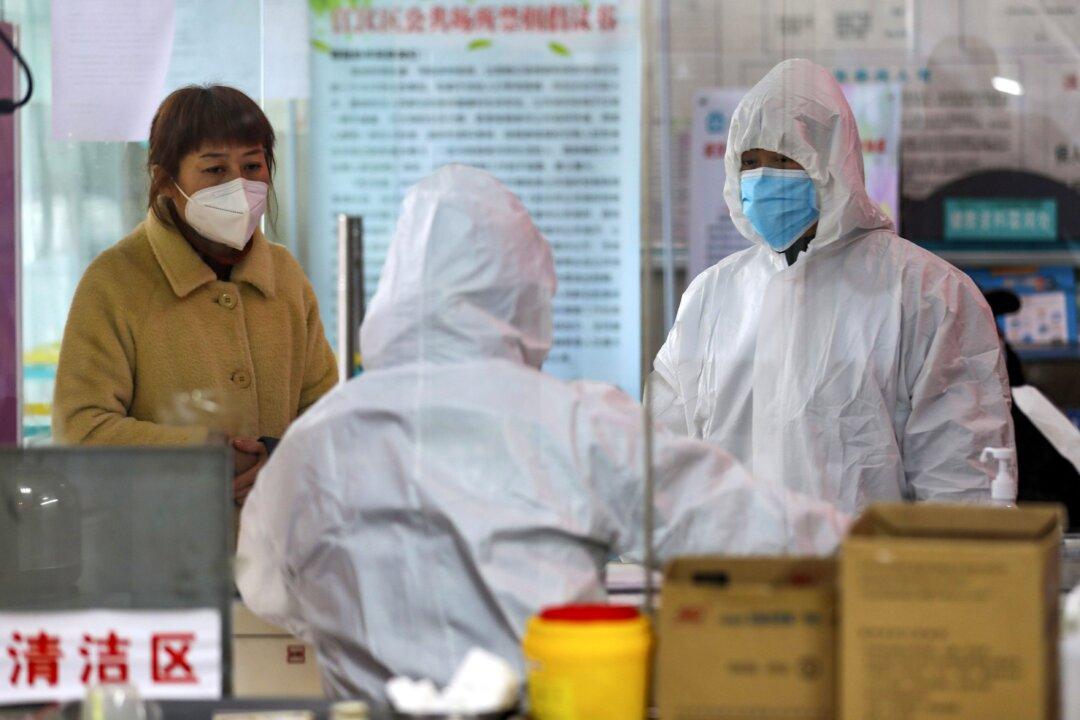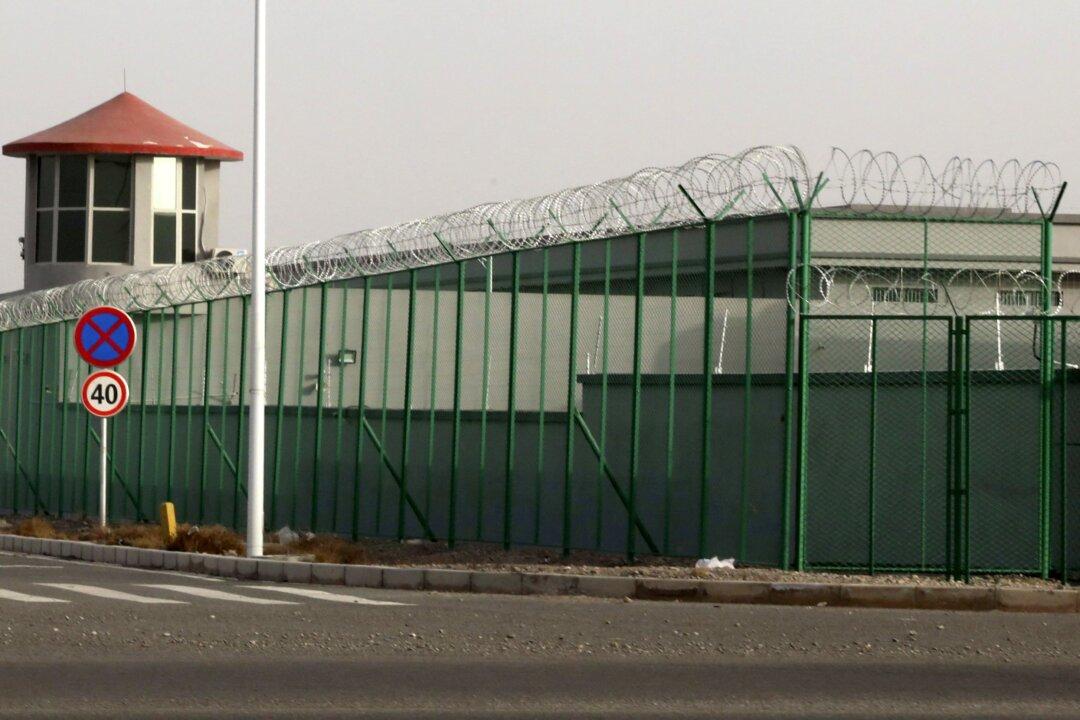With the world media outside China focusing on Hong Kong’s democracy protests, it’s easy to forget that it began as a fishing village, became a British crown colony in 1841, and had Canadian soldiers help defend it until the Japanese seized it in late 1941. From 1945 to 2011, its population ballooned from 600,000 to seven million. Today, Hong Kong is a leading world financial and trade center, enjoying the ninth-highest GDP per capita ($53,203 vs. $11,904 for China) and supporting about a third of the foreign capital flowing into China.
Various factors have assisted Hong Kong’s development, including: The rule of law/independent courts, economic freedom, free speech/media independence, and an influx of entrepreneurial refugees from Maoist China after 1949. Despite efforts by Beijing to favor Shanghai before and since the transfer of sovereignty in 1997, Hong Kong still surpasses its rival as the principal financial center in China.
Canada’s Clive Ansley, who practiced law in Shanghai for 14 years, explains the rule of law disadvantage of the mainland for both domestic and foreign investors: “Courts in China are mere ’theaters’ … Those who hear the case do not make the judgment; those who make the judgment have not heard the case.” The Communist Party and its members remain above the law; insider judges decide significant cases behind closed doors; corruption permeates China except for Hong Kong.
One of the student leaders, Joshua Wong, 17, who became perhaps the most visible face of the Umbrella Revolution, was released by a Hong Kong judge within 48 hours after his arrest. On the mainland, some were surprised that he was not facing years in prison for “disturbing public order.”
Since 1997, Beijing has ruled Hong Kong under a “one country/two systems” formula supposedly guaranteeing it a high degree of autonomy and freedom. In late summer, however, a committee in Beijing rejected widespread Hong Kong demands to nominate their next leader themselves, rather than being allowed only to choose from among candidates approved by a nominating committee dominated by Beijing allies. The result was a week-long boycott of classes and peaceful demonstrations in September by students attending 20 universities and colleges.
Officials of C.Y. Leung, “elected” chief executive of the city in 2012, deployed a series of contradictory initiatives: dispatching and then recalling riot police the next day; refusing to negotiate with the students and then calling for talks; announcing a policy of waiting out the protests and then setting a deadline to end them.





